Half the world's wildlife lost in the last four decades
Scale of human destruction should serve as a 'wake-up call for us all', according to the WWF
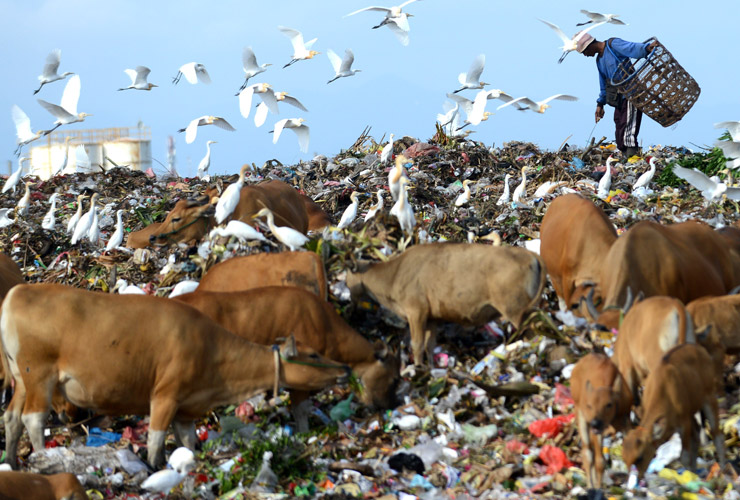
A free daily email with the biggest news stories of the day – and the best features from TheWeek.com
You are now subscribed
Your newsletter sign-up was successful
The number of wild animals on Earth has more than halved in the last four decades, according to new research.
The 2014 Living Planet Report shows that populations of mammals, birds, reptiles, amphibians and fish have dropped by an average of 52 per cent since 1970.
Compiled by scientists at the World Wildlife Fund (WWF) and the Zoological Society of London (ZSL), the report tracked over 10,000 vertebrate populations, covering over 3,000 species.
The Week
Escape your echo chamber. Get the facts behind the news, plus analysis from multiple perspectives.

Sign up for The Week's Free Newsletters
From our morning news briefing to a weekly Good News Newsletter, get the best of The Week delivered directly to your inbox.
From our morning news briefing to a weekly Good News Newsletter, get the best of The Week delivered directly to your inbox.
"The scale of the destruction highlighted in this report should be a wake-up call for us all," David Nussbaum, chief executive of WWF-UK told The Guardian.
"If half the animals died in London zoo next week it would be front page news," said Professor Ken Norris, ZSL's director of science. "But that is [what is] happening in the great outdoors," he warned.
According to the report, the largest threat to global biodiversity is the impact of habitat destruction, caused by unsustainable human consumption. It also warned that the impacts of global warming on wildlife are becoming "an increasing concern".
"For more than 40 years, humanity's demand on nature has exceeded what our planet can replenish," said the report. "We would need the regenerative capacity of 1.5 Earths to provide the ecological services we currently use."
A free daily email with the biggest news stories of the day – and the best features from TheWeek.com
The biggest decline was witnessed among freshwater species, where numbers have fallen by 76 per cent. Among marine and terrestrial species the average loss was 39 per cent.
"This damage is not inevitable but a consequence of the way we choose to live," said Norris. The report warns that food and energy must be produced more sustainably and land must be protected from development and deforestation in order to prevent even further decline in populations.
-
 The Week Unwrapped: Do the Freemasons have too much sway in the police force?
The Week Unwrapped: Do the Freemasons have too much sway in the police force?Podcast Plus, what does the growing popularity of prediction markets mean for the future? And why are UK film and TV workers struggling?
-
 Properties of the week: pretty thatched cottages
Properties of the week: pretty thatched cottagesThe Week Recommends Featuring homes in West Sussex, Dorset and Suffolk
-
 The week’s best photos
The week’s best photosIn Pictures An explosive meal, a carnival of joy, and more
-
 Shell’s North Sea oil U-turn: ‘a first victory in a longer war’?
Shell’s North Sea oil U-turn: ‘a first victory in a longer war’?Speed Read Controversy after oil giant pulls out of proposed Cambo project
-
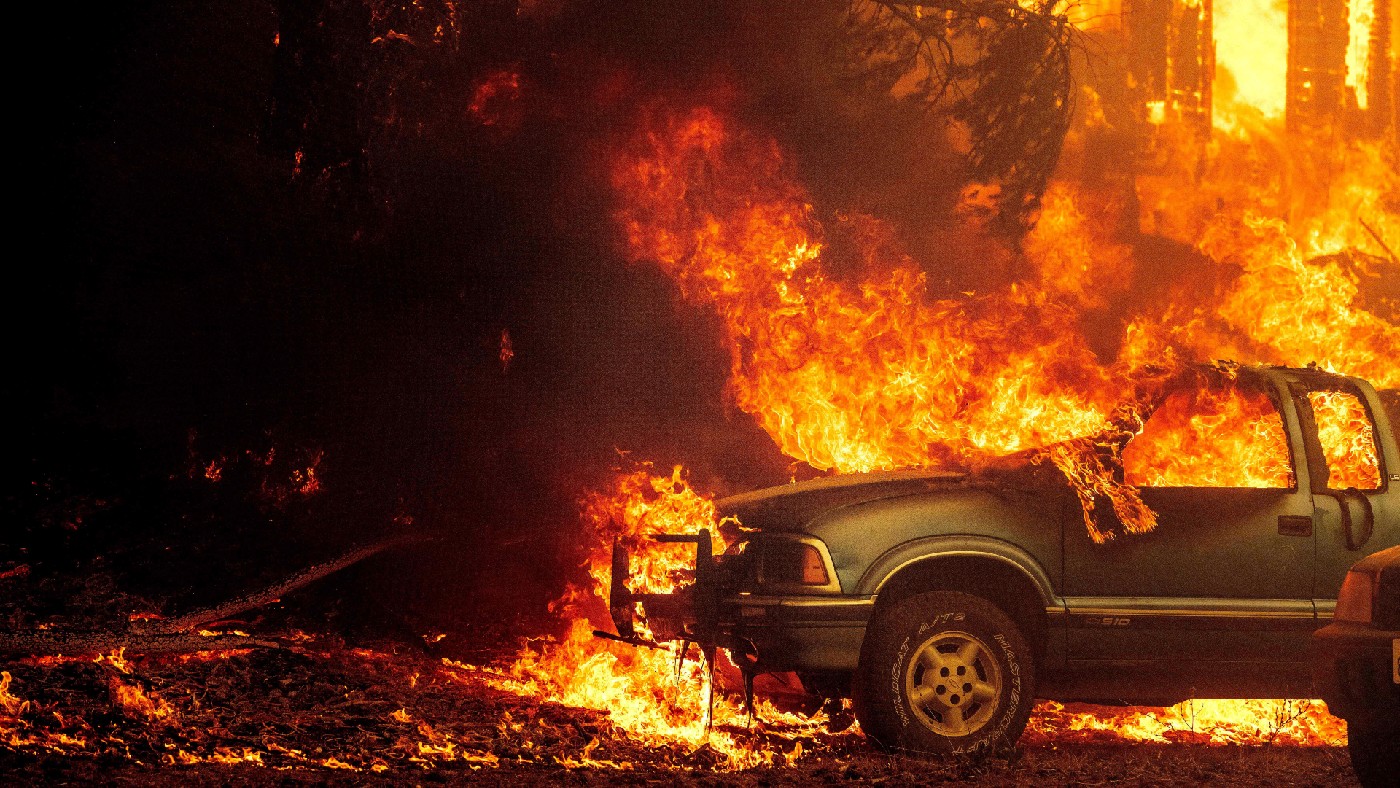 Fires, floods and storms: America’s ‘permanent emergency’ has begun
Fires, floods and storms: America’s ‘permanent emergency’ has begunSpeed Read This summer of climate horror feels like the ‘first, vertiginous 15 minutes of a disaster movie’, says The New York Times
-
 Hot air and empty rhetoric: is the UK acting too slowly on climate change?
Hot air and empty rhetoric: is the UK acting too slowly on climate change?Speed Read ‘Every day, new evidence accumulates that humanity is on an unsustainable path’
-
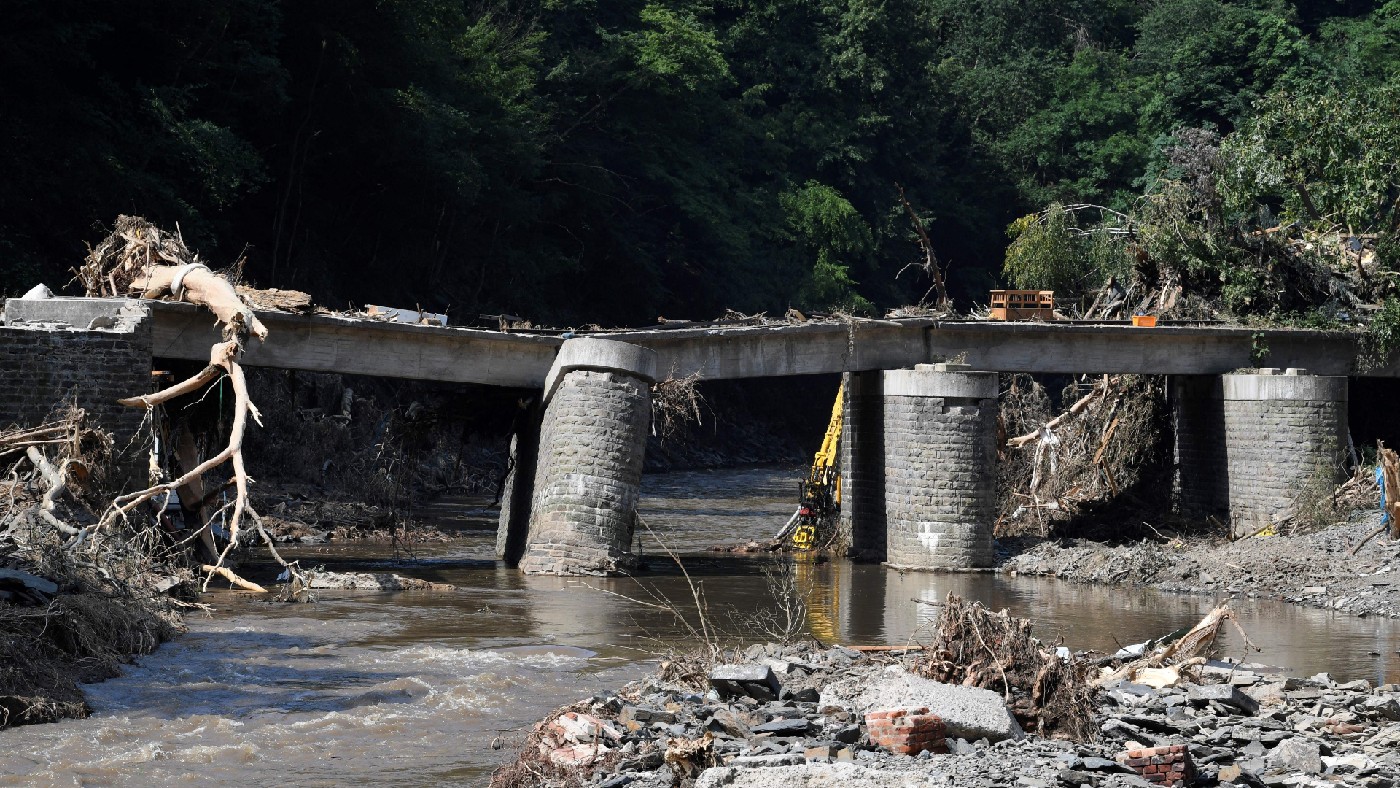 Germany floods: what led to this ‘once-in-a-century’ disaster?
Germany floods: what led to this ‘once-in-a-century’ disaster?Speed Read Nearly 200 people died in Germany and Belgium; hundreds are still unaccounted for
-
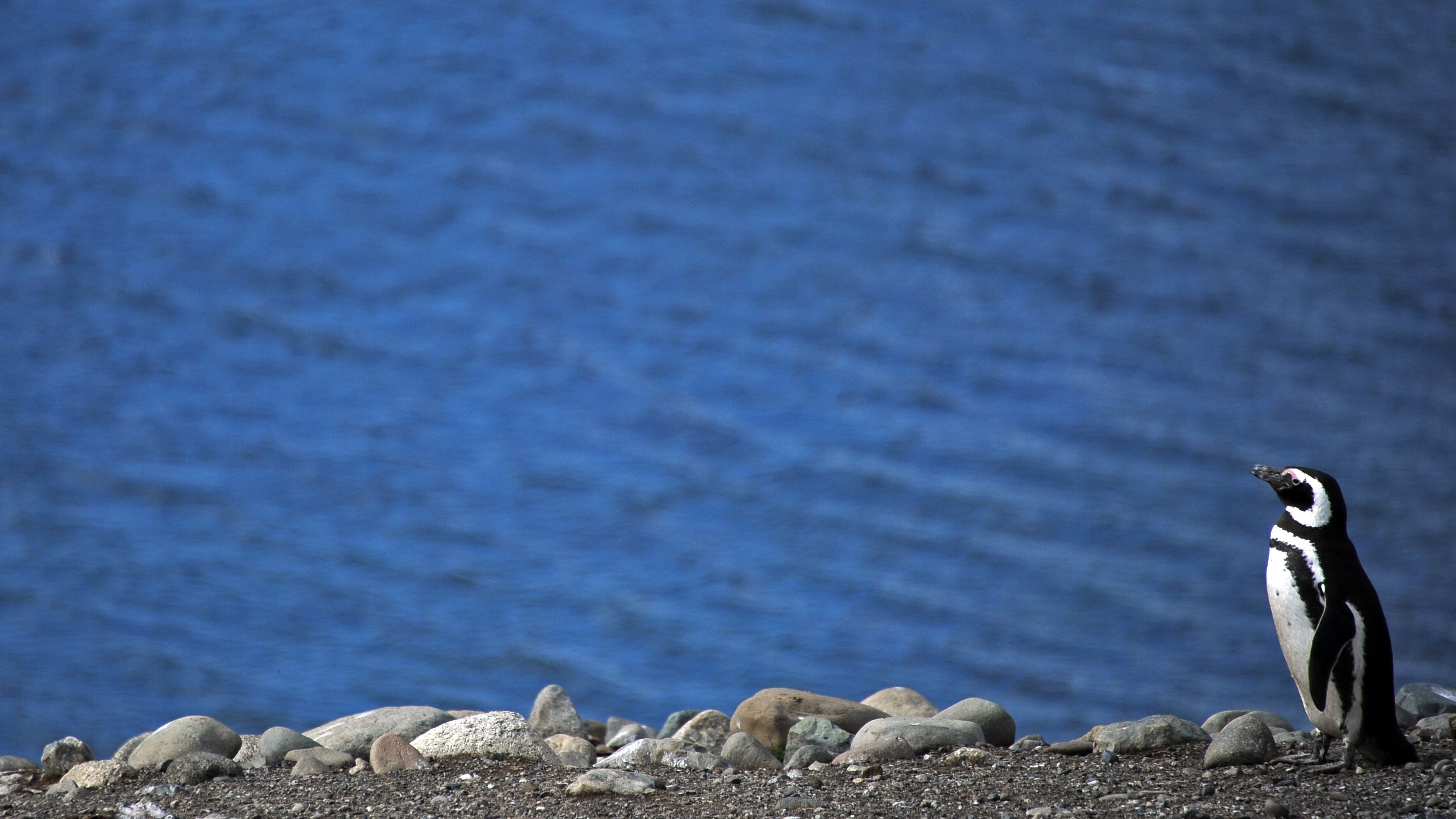 Penguin colony at risk as Somerset-sized iceberg bears down on British overseas territory
Penguin colony at risk as Somerset-sized iceberg bears down on British overseas territorySpeed Read Several species face starvation if the icy giant blocks access to feeding grounds
-
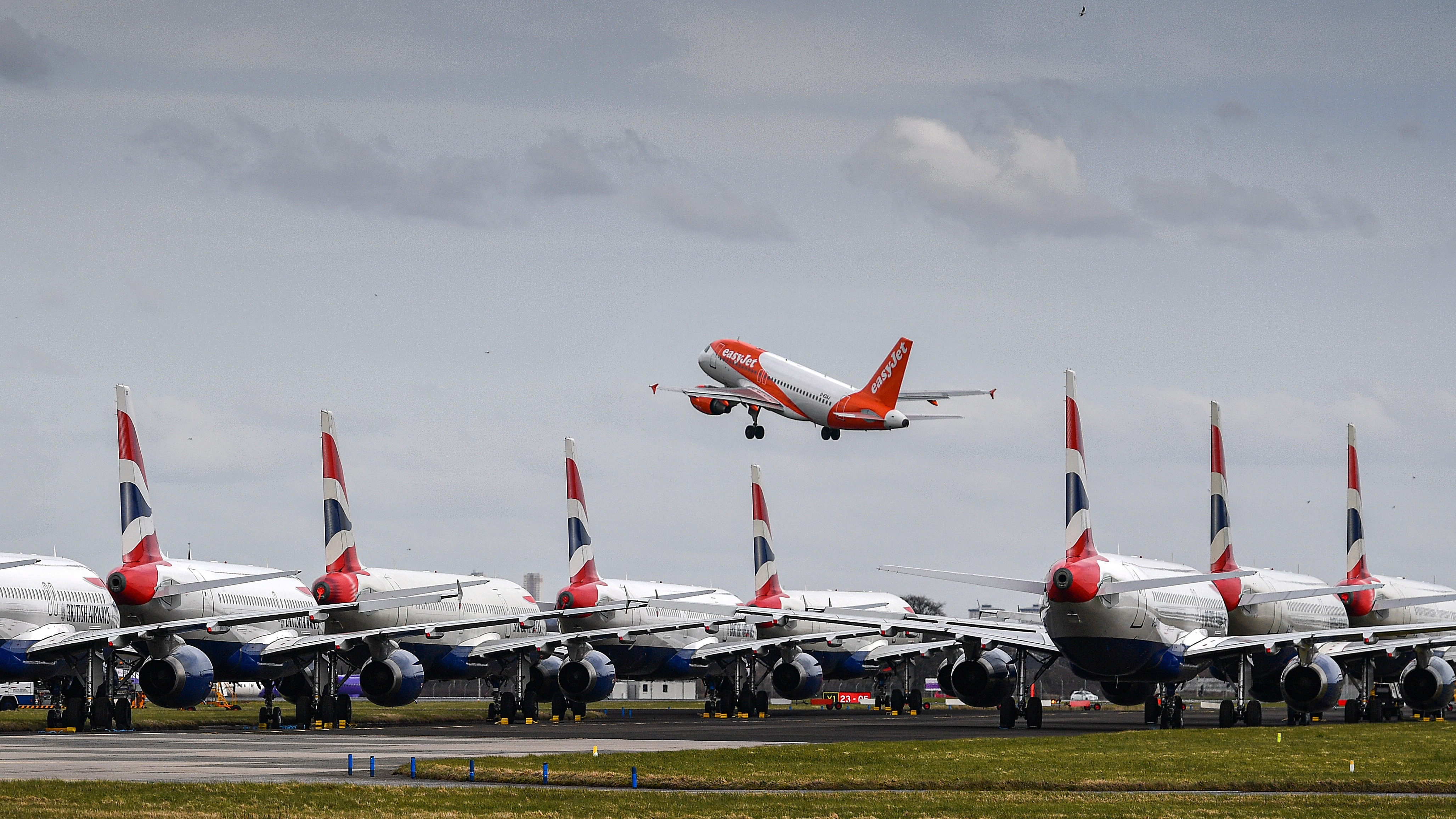 ‘Full of hot air’: climate experts exposed as academia’s most frequent flyers
‘Full of hot air’: climate experts exposed as academia’s most frequent flyersSpeed Read Study results trigger calls for environmentalists to ‘look in the mirror’
-
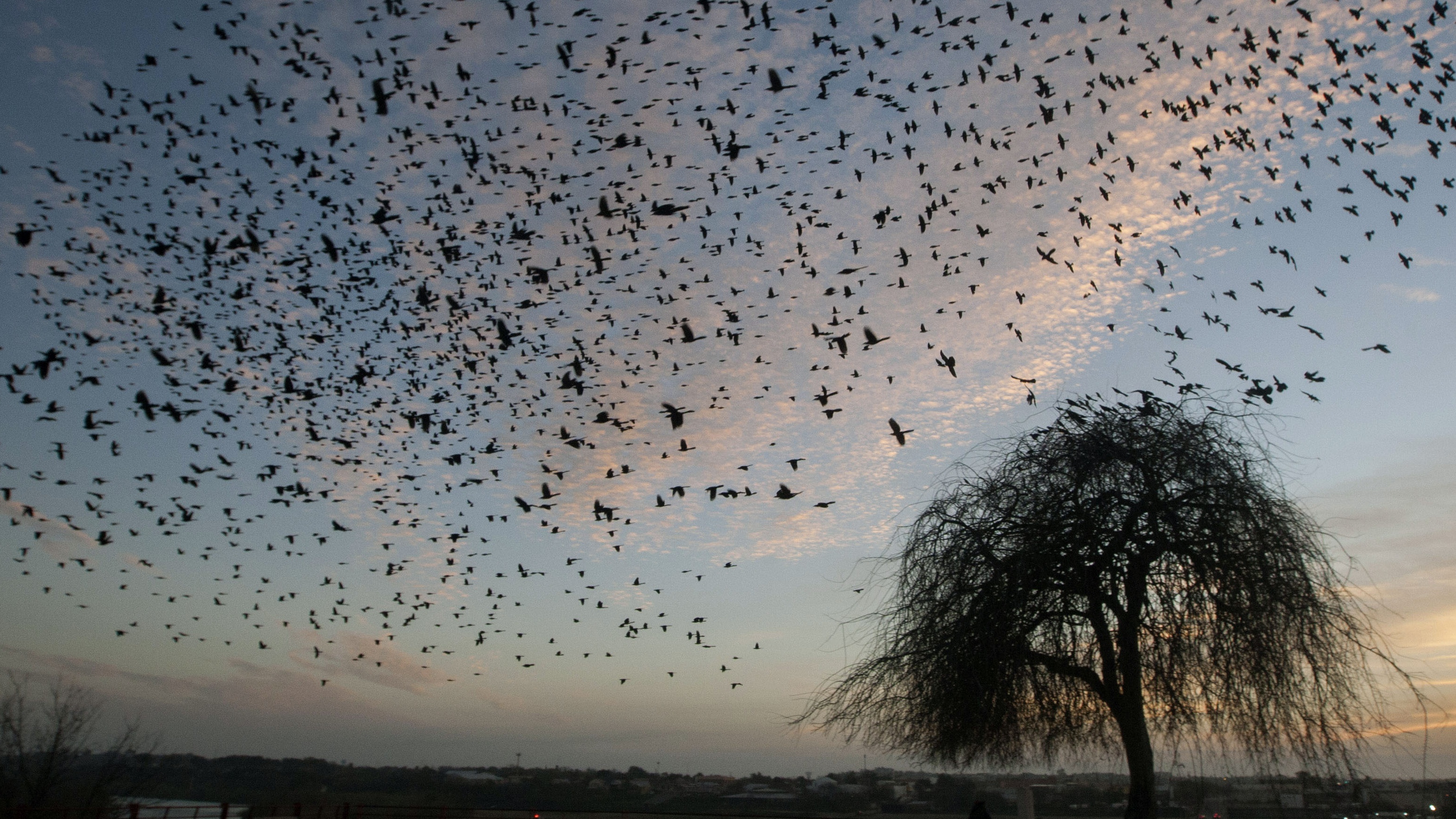 Mystery of millions of migrating birds dropping dead from US skies
Mystery of millions of migrating birds dropping dead from US skiesSpeed Read Some experts believe the West Coast wildfires may be to blame for ‘unprecedented’ mass bird deaths in New Mexico
-
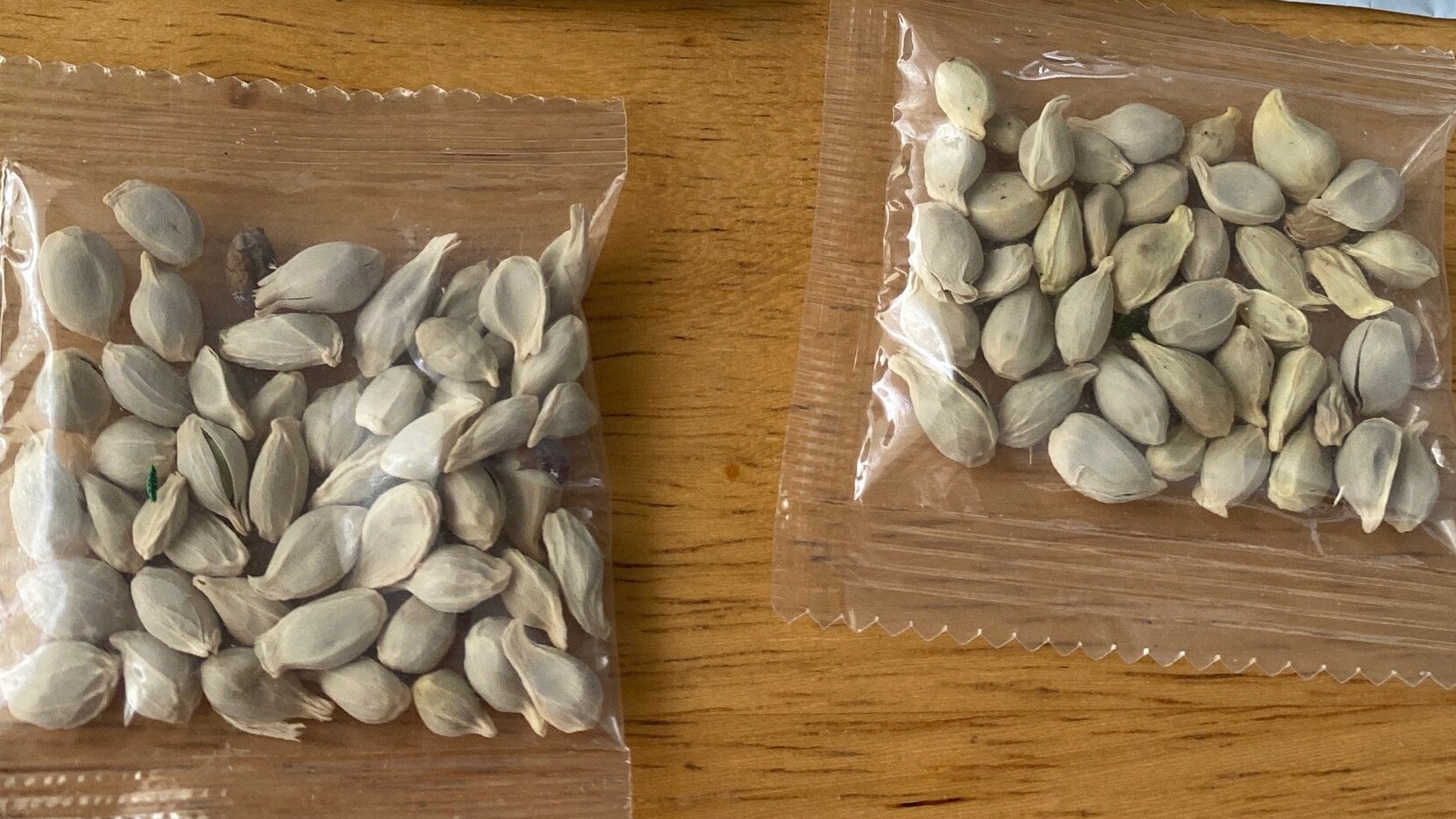 Americans warned not to plant mystery seeds being sent to homes nationwide from China
Americans warned not to plant mystery seeds being sent to homes nationwide from ChinaSpeed Read Officials say the unsolicited packages have been mailed to residents in at least 27 US states